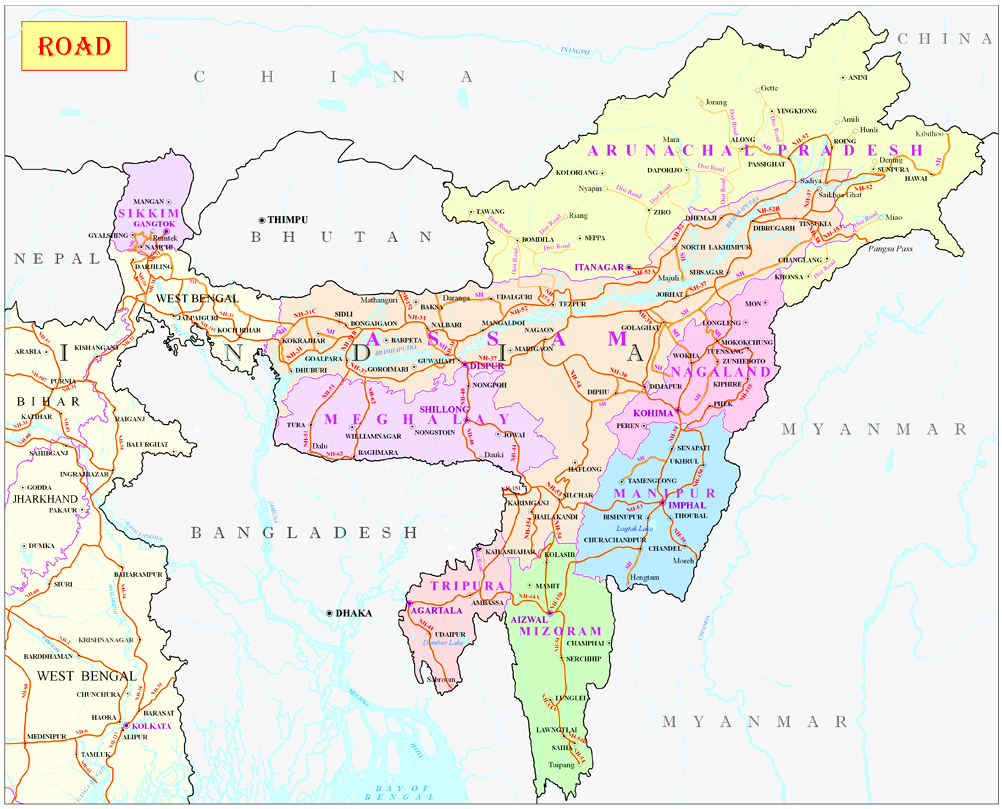Importance of River Essay , Article , Speech
“For men may come and men may go, but I go on forever”
‘I’ personified here, in the line from ‘The Brook’ is a free flowing freshwater stream in the surface of land which ends eventually into a larger body of water, usually an ocean, sea or a large lake. It is a phenomenon whose immortal, inescapable charisma is a muse for mankind everywhere. It is a river.

River is one element of the hydrological cycle in which water collects via precipitation and its intensity accentuates as it collects more water from the many tributaries along its course. All rivers initiate from the apex point in an area and thereby flows downstream. There are no official definitions for generic term ‘river’ but its small counterparts have varied nouns attached to them, for example, ‘run’ in United States, ‘burn’ in Scotland and ‘beck’ in England. Rivers are classified variedly in lieu of topography (alluvial or bedrock), biotic condition (polluted or unpolluted) and stream order. The earliest habitation in scrutiny of homo sapiens has been the Indus Valley Civilisation, concentrated around the river Indus, which highlights the gravity associated with rivers, which is not only exploited as a source of water, but also as a means of transport, food and hydro power to drive machineries. In current times, it is ironical that rivers, deployed as a defensive strategy is struggling for its own defense against foes employed by humankind.
“Rivers run through our history and folklore, and link us as a people. They nourish and refresh us and provide a home to dazzling varieties of fish and wildlife and trees and plants of every sort”. Be it Amazon, Mississippi or our very own indigenous, sacred Ganga, every river is a unique identity and a personality of its own kind, which flows not just past, but through us, tingling, vibrating and exciting every cell of the body, rejoicing and rejuvenating them, and therefore should be cared for with utmost reverence and affection.
Advantages and Disadvantages of Rivers [ Pros and Cons ]
Rivers are the lifeline of any country as they provide numerous benefits along with helps to establish major city & human civilisation. Mostly in many countries rivers are worship as there sacred mother. As we look from pre-history time all civilisation are established and well developed near rivers. River had played significant role in advancement human civilization.
![River Essay, Article, Advantages, Drawbacks, Importance 2 Advantages and Disadvantages of Rivers [ Benefits and Drawbacks ] | River Essay , Article, Advantages, Drawbacks, Importance](Http://mystudytimes.com/wp-content/uploads/2015/03/SAVE-TREES-1024x512.png)
The rivers are the major source of freshwater. It’s the flow of naturally freshwater from their source towards sea either lake or else joins another river. River are classified according to their flow as well as quantity of water present in river throughout the year. It can be seasonal (water present during only rainy season) or perennial (water present throughout year). River has both numerous advantages & disadvantages which we have discussed.
Advantages of Rivers | Merits of Rivers | Benefits of River
- Provide portable water& irrigation purpose: One of the major advantages of river that it provides continuously portable freshwater and also helps farmer in irrigation purpose for growing crops and providing water to crops and helps to retain water level in fields.
- Generating electricity & revenues: Rivers water can be utilized for production of electricity by making dam as well as dam can additionally dam are also tourist spot hence revenue are also generated from it as well as from generation of electricity.
- Transportation: Rivers are consider economics and cheap mode of transport furthermore bulky and heavy goods can easily be transported plus there is problem of traffic.
- Provides fertile soil & clay: The banks of the river has very fertile soil which can be utilized for growing crops and also clay nearer to river are used for making fascinating pots and other crockery items.
- Source of food: River provides us food such as fish and other edible aquatic animals & fishes as source of food from pre-history time.
- Helps in construction: The rocks and gravels found at river bed are utilized for making buildings, houses etc. and many other construction.
Disadvantages of Rivers | Demerits of River | Drawbacks of Rivers
- Floods : The major disadvantages of river is still faced by mankind till date is flood because in flood the huge flow of water result in destruction and also lots of human lives and animal loses their lives. Uncontrolled flow of flood water halts the growth of civilisation.
- Increases diseases vector: Rivers are the home for mosquito breeding and rats and many other infectious organism that spread the diseases poses danger to human.
- Drainage and industry waste: Waste discharged by industry and drainage are sometimes threats to human lives in case someone by mistake drinks or uses that water for personal uses.
- Excessive rain leads danger: Excessive rains sometimes increases the level of river and that leads to insecurity of people nearer to river bank and furthermore the rise of level also threatens dam and in case dam gets damaged and broken it will lead to loss of lots of human lives and animals.
Questions
- Essay on River
- Importance of River to Mankind
- Article about River
- Paragraph on River
- Speech on RiverEssay on River
- Article on River
- Advantages of River
- Disadvantages of River
- Benefits and Drawbacks of Rivers


